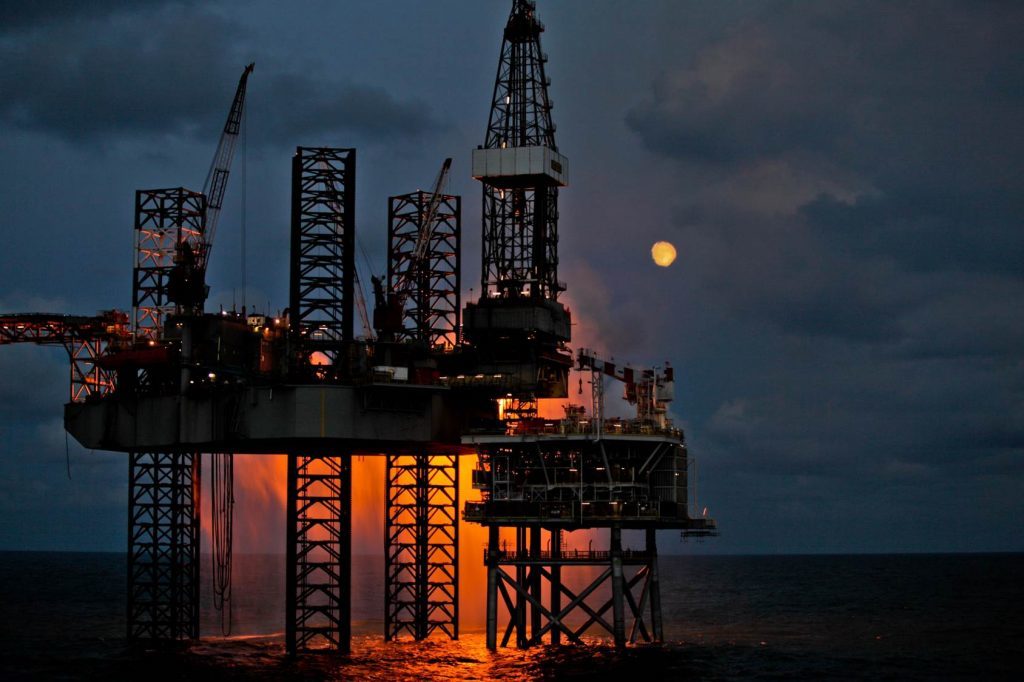
First gas has been achieved at a new extension of the largest single producing gas field in the UK North Sea, securing a chunk of the country’s future energy supply.
Cygnus operator Engie Exploration and Production (E&P) announced first gas from the Bravo satellite last night.
The production from the outlying unmanned wellhead platform in the Southern North Sea’s Cygnus development, is now supplementing overall area production of 250million cubic feet per day of gas.
This accounts for 5% of overall UK gas production; sufficient to heat the equivalent of 1.5million homes.
The announcement comes just days after British Gas has announced it is to hike its electricity tariffs by 12.5% in September in a move affecting 3.1 million customers.
The Big Six energy giant confirmed the price rise, which will take effect on September 15.
Centrica-owned British Gas, who has a 48.75% stake in the £1.3billion Cygnus development, said the price rise is its first since November 2013 and the group pledged to help protect more than 200,000 vulnerable customers from the increase.
The gas field represents a significant boost to the UK’s long term gas needs with an estimated 2P (proved and probable) reserves of 110 mmboe (million barrels of oil equivalent) and an anticipated production life of more than 20 years.
The main Alpha development has been producing a plateau output 250 million cubic feet per day since December 2016, to which Bravo will now supplement.
Maria Moraeus Hanssen, chief executive of Engie E&P said: “This is a major milestone for the Cygnus development.
“It is a very successful achievement; well controlled and safely delivered.
“Gas from this second drill centre will contribute significantly to extending the plateau production that Cygnus Alpha has been achieving for the last eight months.”
Oil and Gas UK Chief Executive Deirdre Michie also welcomed the development last night.
She said: “This is an encouraging boost to the UK’s energy supply and economy, and testament to the hard work of all involved. It is a further example of how much potential the UKCS and particularly of course the southern North Sea, still has to offer investors, especially with the support of a robust and skilled supply chain.”
First gas from Bravo was exported last week 7km south east to the Cygnus Alpha.
Combined output then travelled from the Alpha processing unit via a 55km link to the Esmond Transmission System – which ultimately lands at the Bacton gas terminal in Norfolk.
Engie’s flagship North Sea gas field, Cygnus is thought to be the largest gas find in the southern North Sea for 25 years.
The overall Cygnus complex comprises four platforms and two subsea structures, serving an estimated field size of 250 square kilometres.
It was first discovered in 1988 by Marathon Oil.
Bravo first gas was delivered from well B5 in one of the platform’s 10 well slots, out of 20 across the whole Cygnus complex.
A further three Bravo wells are expected to come online during the rest of the month, with a total of five available in 2018.
Over 80% of the contract work during Cygnus construction was secured by British businesses, supporting more than 5,000 jobs at peak.
In addition to output from the complex itself, Engie’s partners Centrica (48.75%) and Bayerngas (12.5%). are evaluating further opportunities in the Greater Cygnus area with the aim of bringing additional volumes when capacity becomes available.
Recommended for you
